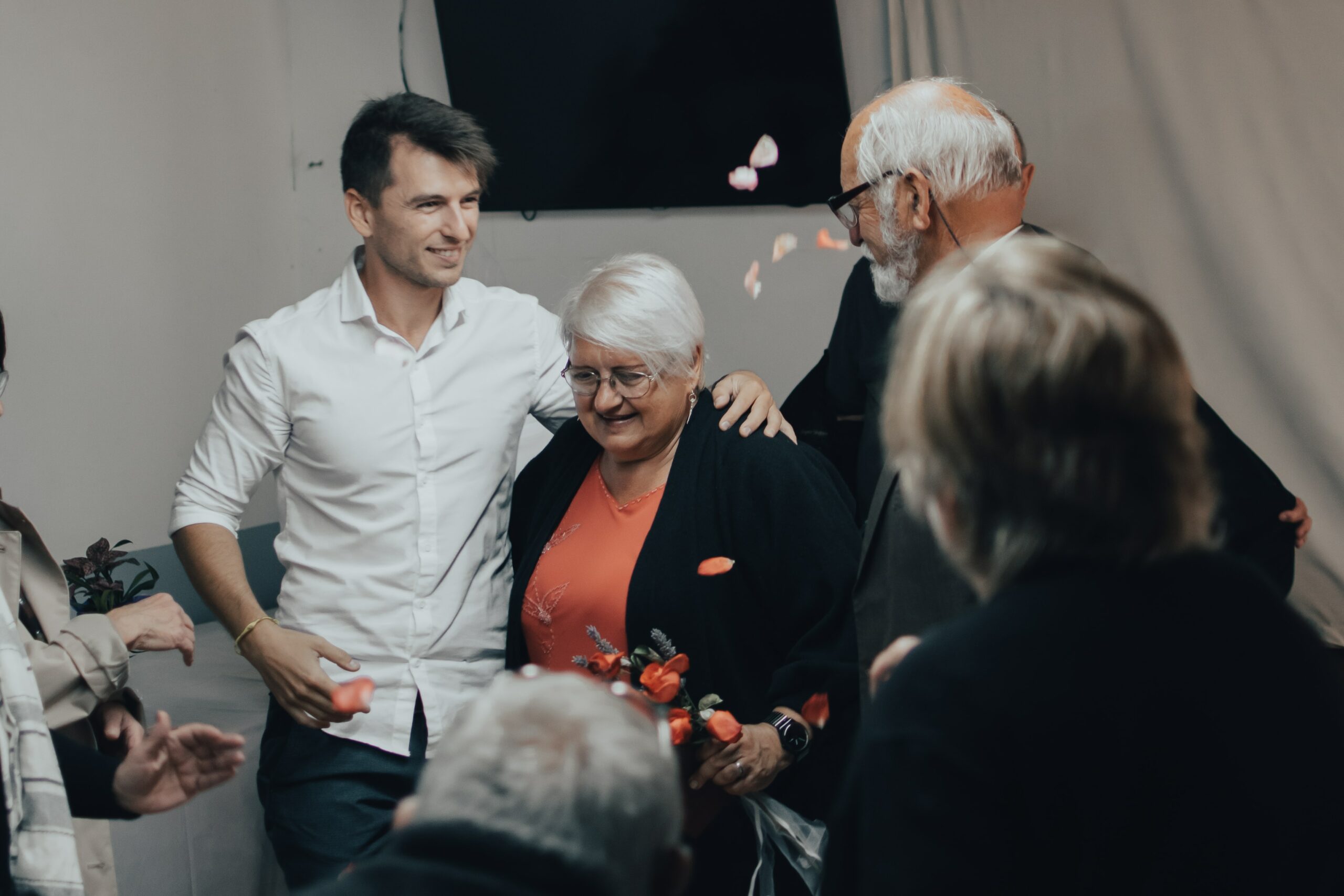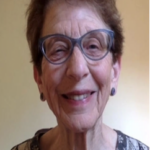

As I look back on 2022, I am especially grateful for being part of an international community of people who are doing so much to promote growth, joy, and community at a time when all seem in short supply. As those of you who’ve read my columns know, I am deeply committed to creatively transforming the “tragedy narrative” that shapes (or misshapes) how we see dementia (along with so many other life challenges, especially if cognitive decline is involved).
So I’d like to use my last column of 2022 to introduce you to two of the people I am most inspired by: Helen Abel and Eileen Moncoeur. Helen and Eileen lead four-week emotional development groups, “Creating New Performances of Memory Loss, Dementia, and Growing Older” through Life Performance Coaching, where they are on staff.


I want to share an article, “The Possibilities of Creating with Dementia,” Helen and Eileen recently published in Changing Aging. In it, they describe the remarkable work they’re doing to help everyone impacted by dementia and memory loss – including people living with dementia – to grow emotionally and create their lives in new ways. I am in awe of the impact these groups have had on hundreds of participants, so I’m hoping you’ll take a moment to read and share with anyone and everyone who wants and needs to learn how to relate to dementia/memory loss (as well as so many other aging-related challenges) not as a problem, but as an opportunity to grow.
So without further ado, I give you “The Possibilities of Creating with Dementia.”
“Often when we tell people we lead short-term groups for people living with dementia, care partners, care providers, and friends and family, we get comments ranging from, “Oh, that must be so difficult and painful!” to “Wait, people living with dementia participate?” We’re not surprised, since traditional psychology views dementia as a tragedy for everyone involved. Our work challenges this narrative and offers the possibility of emotional growth and development for all involved.
How is this possible? We practice a group-oriented approach to human development called social therapeutics that relates to people as creators and performers of their lives. Rather than trying to “fix” an individual from the inside out, we focus on social growth and collective creativity. Everyone is related to as a creator of the group, and everyone has something to offer, regardless of cognition. Our experience is that our human ability to perform, pretend, play, and improvise is key to our emotional growth.
Our groups are improvisational in nature. We often start with an improv game so that people can experience themselves as part of an ensemble. We then invite people to share whatever they would like, and we ask the group to respond and create something new together. We find that bringing a wide variety of people together gives everyone a better chance of generating development. As coaches, we’ve been challenged to explore our own fears as they relate to dementia and growing older. We feel it’s important to get close to people’s emotional pain and that we, as leaders of the groups, are being transformed by this process as well.
People grapple with very difficult issues in our groups. Part of the tragedy narrative of dementia is that the person who lives with it “goes away” because they no longer have access to memories and sometimes language. In one group a woman felt she was losing her mother to Alzheimer’s and that she needed to let go. The group asked what she meant by “letting go” and asked if she was willing to explore what their relationship could become now, given her mother’s Alzheimer’s. She had never considered the possibility that she could have a new relationship with her mother that didn’t depend on her mother’s memory.
A different group played with the idea of breaking out of the paradigm of truth and exploring new ways of relating to people. One woman expressed her frustration when her husband could not remember what they had been doing for the last hour. A man who had early-stage Alzheimer’s suggested that she respond to him using improv – that she didn’t need to hold on to “truth” and could respond in a playful way. He felt they would have more opportunities for connection in their relationship. The woman found it enormously helpful.”
To continue reading, click here.
I also want to express my appreciation for the agebuzz community and for everyone who is helping make the world a better place. Have a very happy holiday season and a safe, healthy, and creative new year! I’ll be back in 2023!